橋本博季
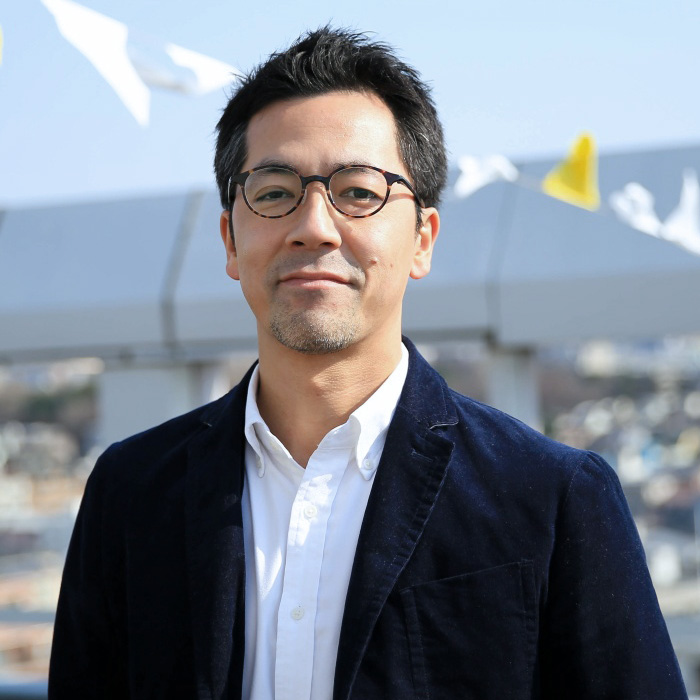
HIROKI HASHIMOTO
Born in Tokyo in 1971/span>
Graduated from Siejo University, Faculty of Economics.
Work experience: recruitment media; educational product sales; HR for CIS (now Sony Global Solutions). Responsible for mid-year recruitment, new graduate recruitment; educational programme planning and implementation. Responsible for roll out of new system. Manager and consultant, management recruitment agency. Using my HR experience, I interviewed over 3000 business people about their work and jobs. I usually use a bicycle to travel around in Tokyo (favourite bike is a GIANT). I like comedy and drinking beer. Many of my clients and colleagues called me “Hashi”.
CTI faculty member
CPCC (Certified Professional Co-active Coach)
ORSCC (Organization and Relationship Systems Certified Coach)
TLC(The Leadership Circle:360-degree feedback)
Certified Practitioner
TDA(Team Diagnostic Assessment Authorized Facilitator) Certified Facilitator
Coaching total hour: 2000h
PCC (International Coach Federation Professional Certified Coach)
I began to concentrate full-time on coaching in 2010 (I had been doing this in conjunction with my main job since 2007). I focus on personal coaching for managers, business owners, business people, anyone who is looking for independence in their lives, as well as on coaching for companies and organisations. In 2012 I set up a business for global leadership development and life coach training. I work as a trainer in leadership development and coaching development at CTI (Coaches Training Institute).
“Combining hard work with a sense of fun”. We are not just about coaching, we are also devoted to helping to improve the workplace and our daily lives. We believe that giving an individual, or a group, or even a whole company, a real glimpse into a completely different kind of life can be empowering.
Why I became a life coach
I was asked a question which really hit home for me.
I knew what I wanted in life. I was in my early thirties, living a comfortable life with a good job. Of course I had doubts about my life from time to time, but I never felt too downhearted about it. Then I had a career consulting session, which I wasn’t inclined to take too seriously.
But it was during the CTI course that I was asked a question by the trainer which completely changed my life. I don’t remember the details of the session so well. For sure, there were things I wanted to do in life, but they were all a bit half-baked and vague. I think we were talking about my reasons for not doing them at the time. Then the coach asked me a short, but very profound, question.
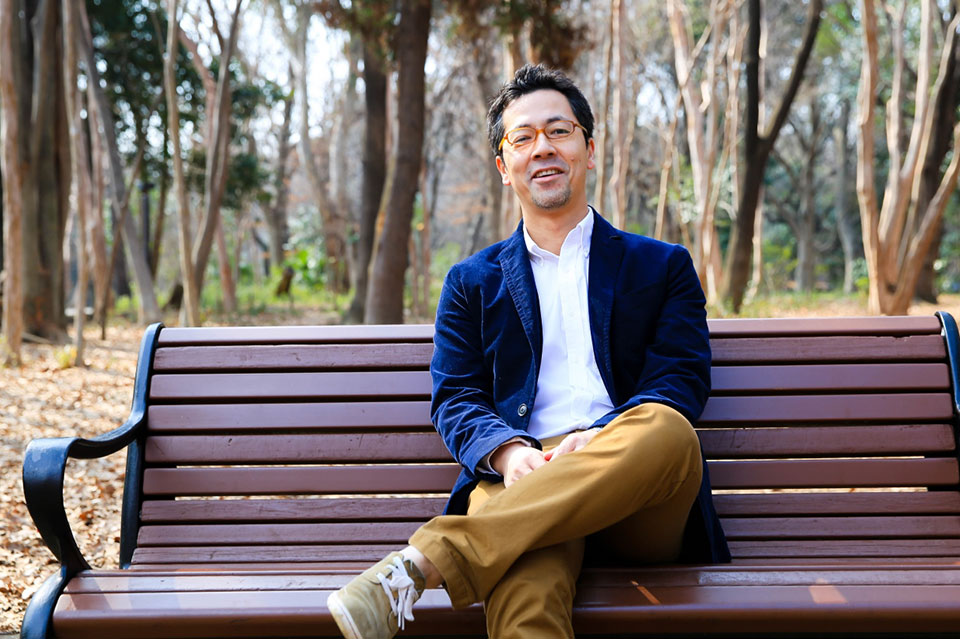
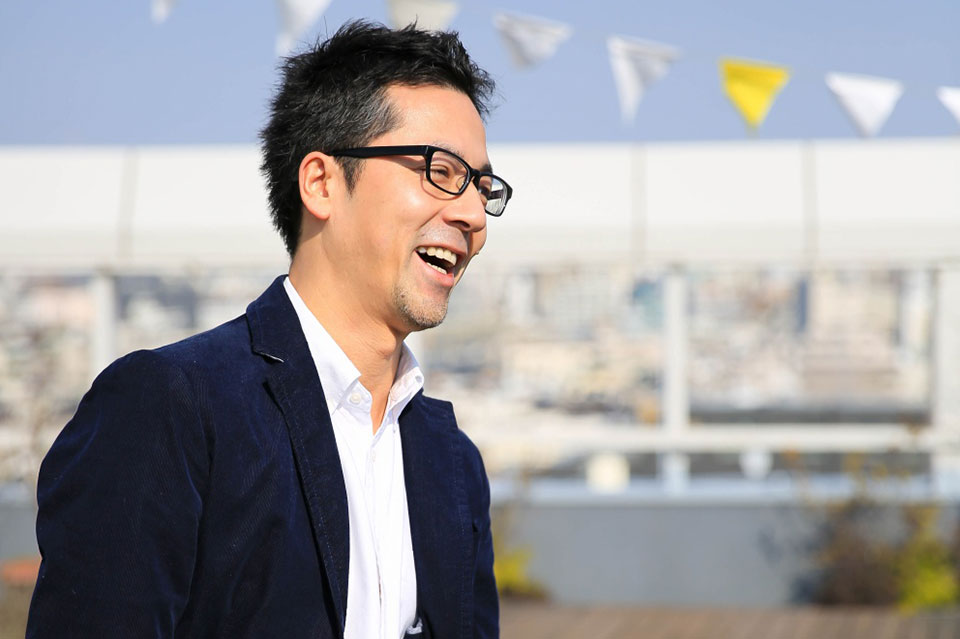
“Hashi – who is the most important person in your life?”
・・・・・silence
Naturally, I felt inside that I was the most important person in my life. But for some strange reason, heart and body kept quiet and I didn’t answer. A strange vision came to mind that I was just playing a supporting role on the stage of my own life. I couldn’t really think who the main person was any more.
How was I living up to my company’s and other people’s expectations of me? Was I failing in this? What I wanted to do had been subordinated. It dawned on me that, without really realizing it, I had already given up my role as the main person in my own life.
What do you want to do in life? What is important to you?
From that point onwards, I really began to think about what I wanted to do in life and what was important to me. I had been unaware of it, but I realized that up until then I only thought in terms of what I could do, and what I wasn’t a failure at (work, career, especially). But finding what I actually wanted to do wasn’t so easy (nothing in life ever is!) With a few twists and turns along the way, I was able to make progress, always keeping these questions in mind: “What do you want to do in life? What is important to you?”
Not everything goes as planned, but, as far as I am concerned, life has become more interesting. So, through this single question, the direction of my life has changed significantly. This experience was the reason I decided to try being a coach.

Looking after people through coaching
We know what we think about ourselves, but it is difficult for the coach or for the client to know how much confidence the other has in him. In other words, the curiosity to discover ourselves gives rise to many possibilities. We nurture potential that the client himself is unaware of.
We need you to be frank about your feelings in the coaching sessions, to be curious and to keep your sense of fun. Most probably, what you thought was a weakness could actually become one of your greatest strengths!
The joy of coaching
In short, I have been privileged to witness a variety of clients’ lives at first hand. “I want to be successful in my job” “I want to improve my relationship with my partner.” Whatever the topic is, one of my clients will have a story about it. Many of these stories are simple and off the cuff. But they are vivid and full of emotion. They are generally full of laughter, tears, joy and sadness all together. As a coach you get involved with these stories and see how original they are. Supporting my clients in their lives, as they develop new stories of their own, is the greatest pleasure for me.

The coach’s journey
Many clients begin by discussing the most obvious topics and those events they can best relate to. As a client, this helps you to understand.
The key role for the coach is to support you as you live your life, and to show you the way. You begin to appreciate your purpose in life, your values and the preconceptions which have held you back, your fears and emotions. You learn from this, you reinvent yourself, you choose your own life, and you move forward. This is the “learning journey” that the coach provides. Therefore it is not just about enjoying yourself. You will also need to confront some of the harsh realities of life. But because you are in a safe and secure environment, you can confront the truth with courage. That is the appeal of coaching.
Coaching is putting into practice
One’s own values, preconceptions, emotions, what you want to be, how you can fashion your own circumstances – all of these are important. With this in mind, put these into practice in your daily life. It’s easy to say, but very difficult to do. That’s because we always bracket everything as either good or bad. Nature and the power of resistance work against change.
“Now is not the time”. “What do we do if we fail?” “What about money?” etc. etc. It’s not that we are flawed through any particular fault of our own. But if you follow negative thoughts such as these, then the change you desire won’t happen. From my own experience, doing all of this on your own is difficult. Accumulating experience and putting this into effect is what coaching is all about.
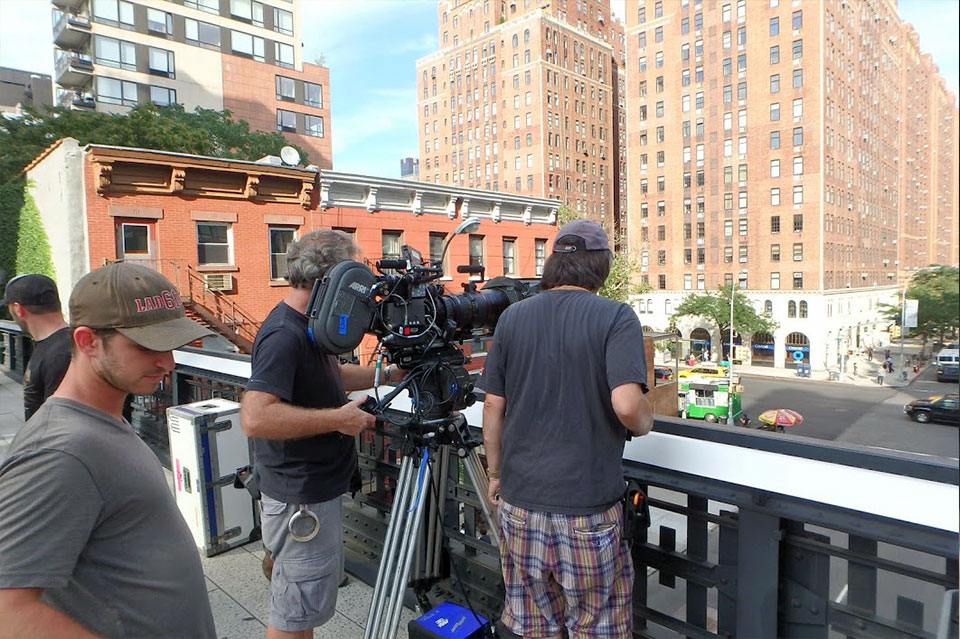
IN BETWEEN SESSIONS
The actual coaching sessions only take up a very short space of time within your daily life. So the time in between sessions is a key period for putting what you learn from your coaching into practice. Through changed actions and awareness compared to previously, you will feel the results and transformation you bring about differ markedly from what you have achieved up till now.
Most likely, much of the experience will be different to what you expected, but you will be able to learn so many new things from it!
